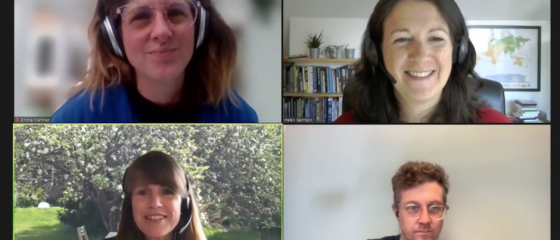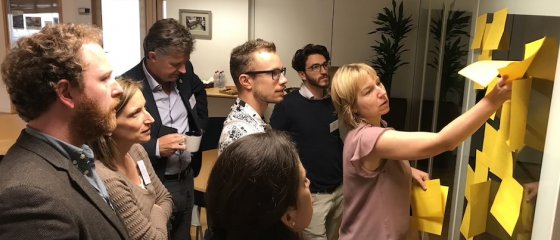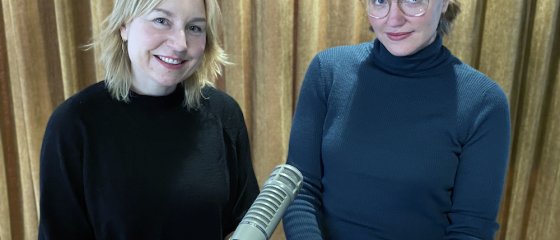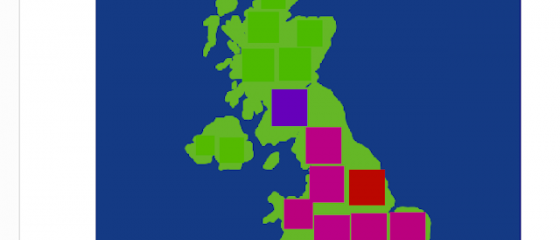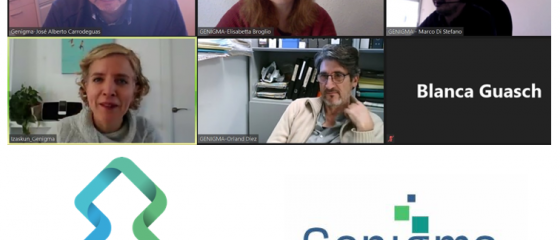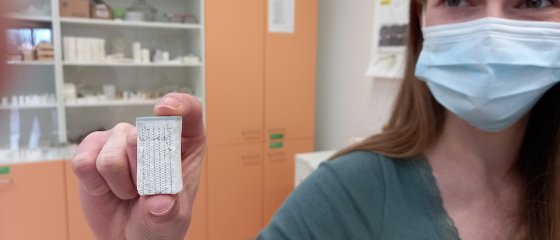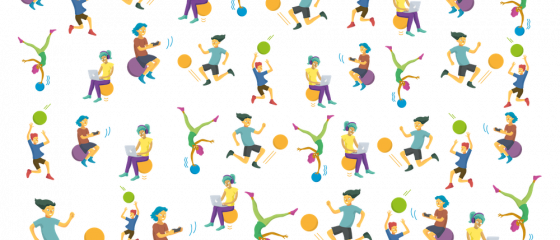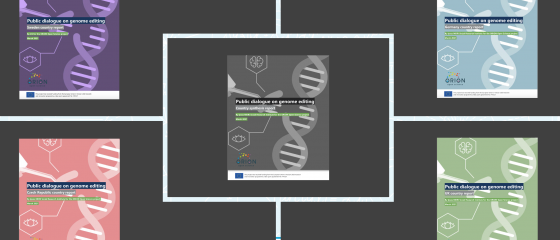Putting Open Science into practice - ORION at PCST 2020+1
The Public Communication of Science and Technology, PCST, conferences take place every two years, bringing together practitioners, educators and researchers in the diverse and growing field of science communication. The Covid-19 pandemic and science engagement were unsurprisingly key themes addressed throughout this year's PCST conference in late May 2021. The ORION team participated in the VA Public & Science’s roundtable session on ‘Engaging the Public through Open Science – Putting theory into practice’ which showcased practical examples of methods and activities for engaging the public in the research process.
